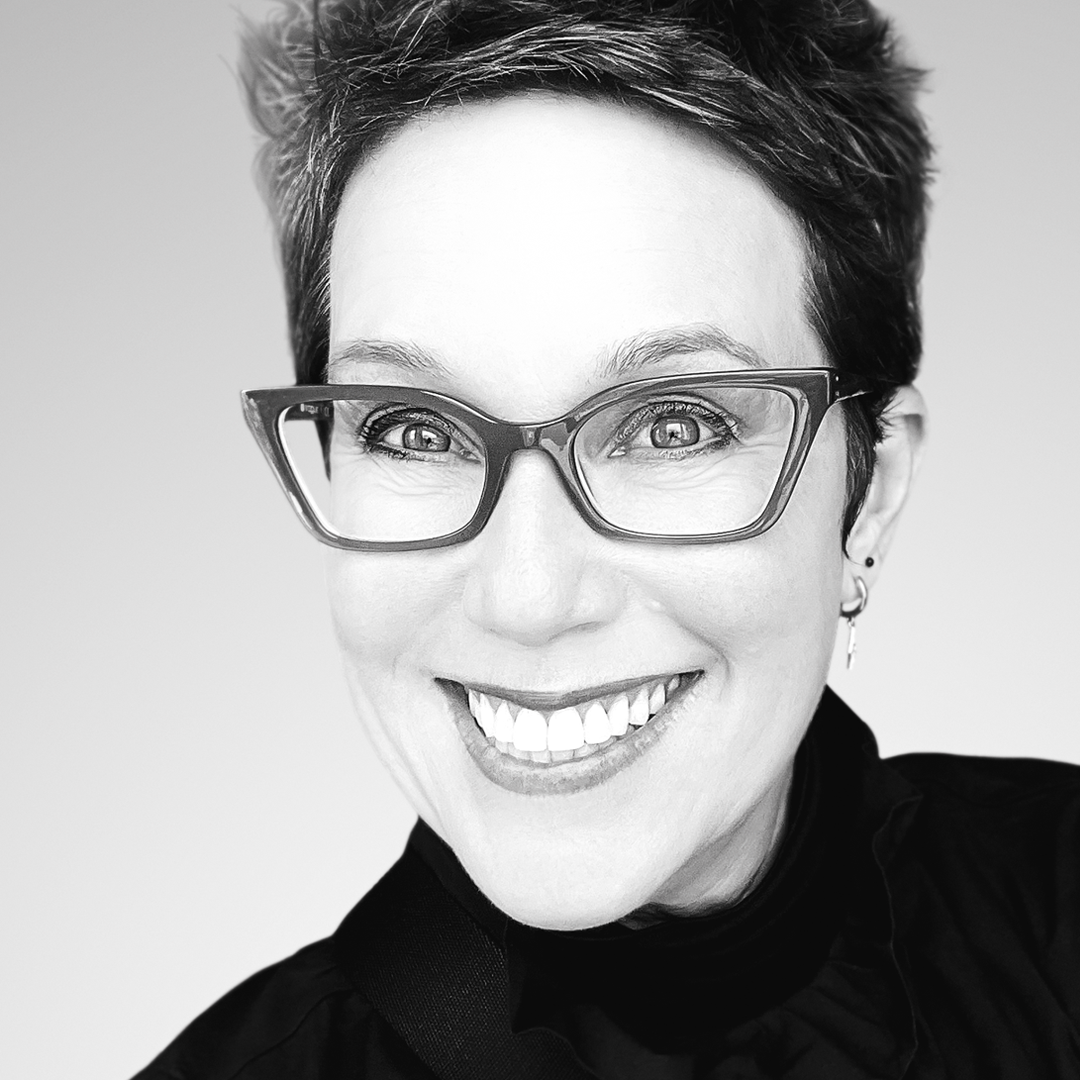Key Takeaways
- Clarifying eligibility requirements is important, as staffing agencies may have specific minimum-hour thresholds determining access to benefits.
- Knowing how benefits work between assignments is helpful for freelancers to avoid unexpected gaps in coverage when a contract ends.
- Understanding the type of health insurance offered can help you avoid low-coverage plans and ensure adequate protection for more serious health issues.
Listen: 5 important questions to secure your freelance benefits.
As many freelancers know, securing affordable benefits isn’t always easy. In fact, a staggering 23% of freelancers don’t currently have health insurance. So, imagine landing an exciting freelance gig through a staffing agency—you’re eager to start, and then you find out that the agency offers access to benefits. You think, “Finally, a chance to get some solid health coverage.”
However, before you get too excited, it’s important to dig into what those benefits actually cover. You might find a health plan that checks the box for basic care, but when your child sprains an ankle at soccer practice and you end up at urgent care, you could be stuck with a hefty bill.
Not sure what to ask to make sure you’re fully covered? Here are five key questions to discuss with your staffing agency about your benefits package.
1. What are the eligibility requirements for benefits?
Access to group health insurance and other benefits is exciting, but one of the first questions to ask is: What are the eligibility requirements?
Most agencies have minimum hour requirements, and falling below them could mean you don’t qualify for coverage. For instance, some staffing companies define full time as a specific number of hours, but that number can vary. So, ask: How many hours qualify as full time? The answer could range from 30 to 40 hours a week.
Aquent, however, offers benefits to freelancers working as few as 20 hours per week, giving you the flexibility to take on multiple contracts while still maintaining coverage.
2. How long does coverage last between assignments?
As a freelancer, you know some projects last months or even years, while others are shorter term. Naturally, you’ll want to ask: What happens when my assignment ends? Do I still have benefits?
If you receive benefits through an agency, find out whether you can keep coverage between projects. Some agencies offer COBRA, letting you extend your current plan for up to 18 months, but you may have to cover the full cost of the premiums. Knowing these details up front helps you plan for the future.
3. Do they offer major medical insurance or skinny plans?
Once you know you qualify for benefits, it’s time to dig into the details, especially medical insurance. Start by asking whether the agency offers major medical insurance or a minimal essential coverage plan (also called a skinny plan).
A skinny plan provides only basic coverage, like annual checkups and immunizations. Major medical insurance, however, covers bigger expenses, such as hospital visits, serious illness, and injuries. So if your child breaks an ankle at soccer practice, major medical insurance offers some coverage—while a skinny plan won’t.
4. Does a staffing agency contribute to the cost of my benefits?
One of the biggest perks of group health insurance is the potential for lower premiums and employer contributions. Ask the staffing agency if they contribute to your monthly premiums.
Aquent, for example, pays a set amount per hour you work to help offset your healthcare premiums. Getting those details up front helps you understand the full value of your benefits package.
5. Can I use an HSA or FSA to manage costs?
Health savings accounts (HSAs) and flexible spending accounts (FSAs) are tax-advantaged accounts that help you save for medical expenses. HSAs typically pair with high-deductible health plans and roll over each year, while FSAs often follow a use-it-or-lose-it policy.
FSAs aren’t limited to health care. There are also dependent care FSAs for child care, preschool, and after-school programs, as well as commuter FSAs to cover transit passes and parking costs.
For freelancers, the key difference is that FSAs are tied to an employer and don’t move with you, whereas HSAs are yours to keep, even if your assignment ends. Just make sure your new health plan qualifies for HSA usage.
What other benefits should I look for beyond health insurance?
Retirement is a concern for many freelancers. While options like SEP IRAs and solo 401(k)s are available, you miss out on employer contributions, essentially free money. That’s why it’s worth asking if the staffing agency offers retirement plans and whether they include an employer match.
Other benefits to inquire about include:
Mental health and telehealth services. Mental health coverage is becoming a higher priority. Some agencies offer plans that cover therapy, counseling, and virtual care through telehealth.
Supplemental benefits. Some agencies provide accident, hospital, or critical illness insurance. While these aren’t substitutes for major medical coverage, they offer financial support for specific situations such as hospital stays or injuries.
Moving forward with confidence
As more talent look to freelance opportunities and weigh the pros and cons, one primary issue that comes up is benefits—how to access them and make sure your health, retirement, and other needs are covered. By asking detailed questions up front, you can ensure that any opportunity offering benefits meets your needs both now and in the future. You’ll also be able to foresee potential issues that could cost you down the road, like inadequate coverage, lack of retirement plan options, or the inability to save pretax dollars for things like dependent care.
Latest.

10 proven strategies to streamline marketing operations in 2026.
Leadership & Management, Consulting & Operations, Marketing & Analytics

How to make a risk-tolerant and innovative creative team.
Insights from InsideOut, Leadership & Management

Is your new AI infrastructure an expensive mistake?
Leadership & Management, Consulting & Operations, Engineering & Technology, Innovation & Emerging Tech




